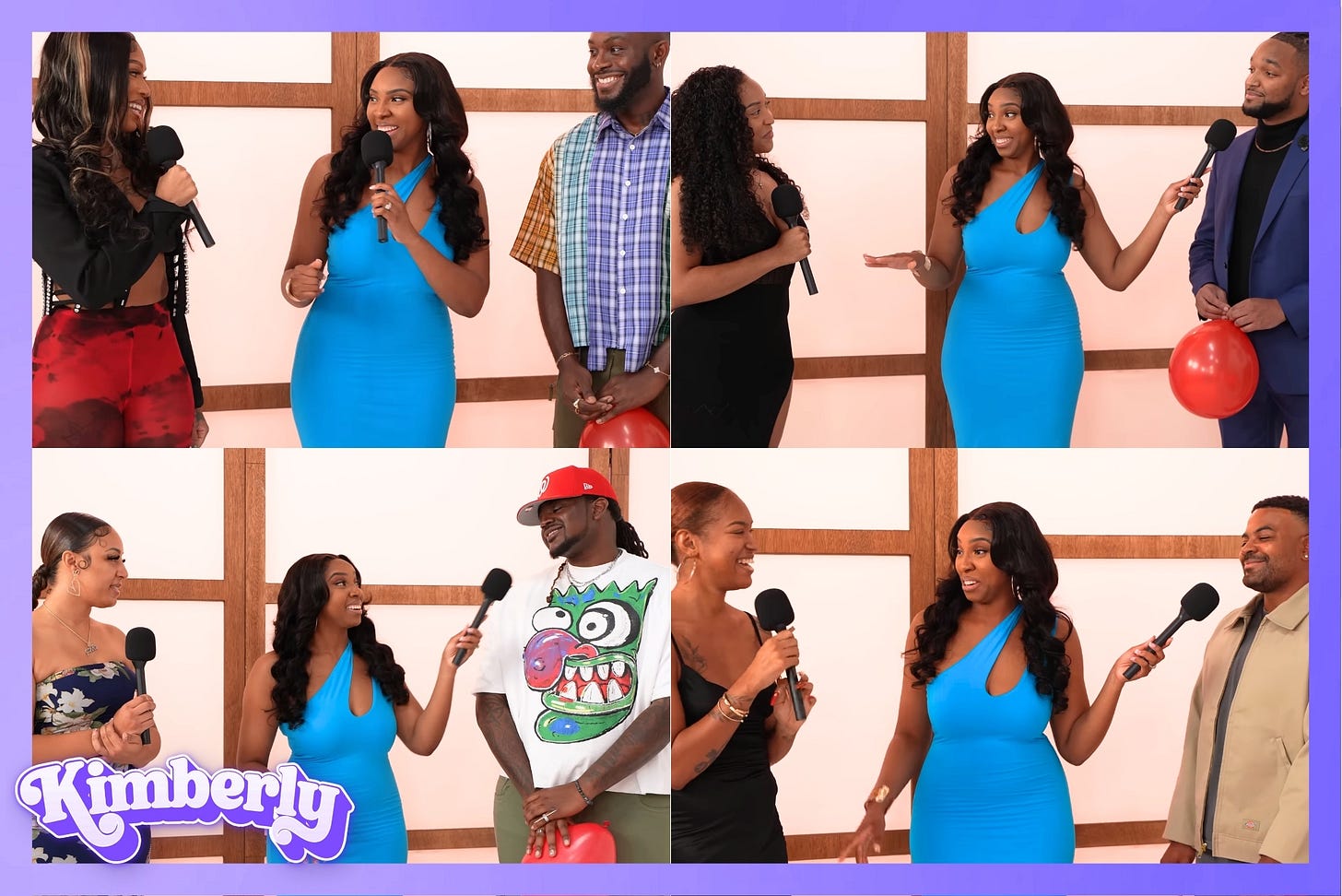I Finally Watched An Episode of Pop The Balloon...
Should I feel hopeful or horrified?
Would you believe me if I told you I'd never watched an episode of Pop The Balloon or Find Love before yesterday? I knew of the viral dating show's premise becaus…




